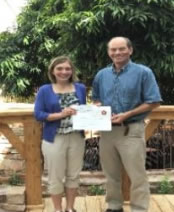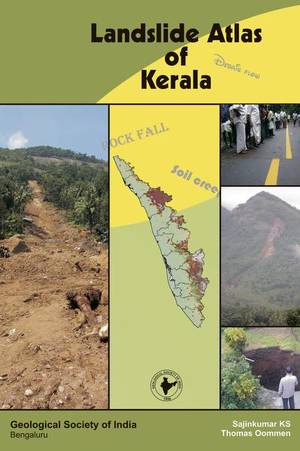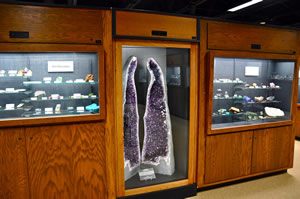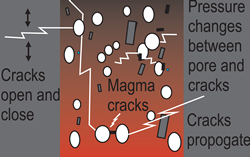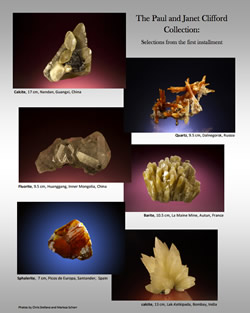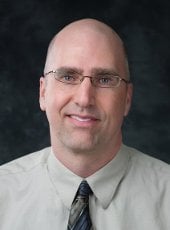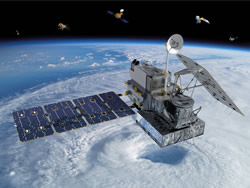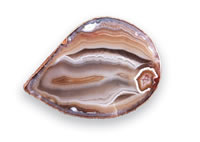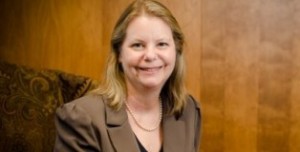
HER Magazine quoted Provost Jackie Huntoon in an article on the importance of same-gender mentors for women in STEM (science, technology, engineering and math).
The Power Of Gender Peer Mentors
A new study in the Proceeding of the National Academy of Sciences reveals that 100% of first-year women engineering students who had women peer mentors remained in the engineering program for the second year.
“I think that all students, not just women, and not just those in STEM, need mentors,” Huntoon says. “If you look like and think like the majority of your professors and classmates, it will be easy for you to find a mentor that you feel comfortable with.”
But, she believes that students in a minority group as a result of their gender, race, country of origin, etc., might need to put forth the extra effort to find the right mentor. “A good mentor is someone who can understand what you want and need and is willing to help you figure out how to achieve your goals,” Huntoon explains. “Mentors for women in STEM do not have to be women in STEM themselves – in fact, some of the best mentors I’ve ever had have been men, and not all of them have been scientists or engineers.”
